Last Updated on August 2, 2021

To many cinephiles Quentin Tarantino is a god. He has made interesting film after interesting film, and had it not been for the smashing success of PULP FICTION many indie directors like Paul Thomas Anderson and David O. Russell would’ve had a harder time getting their movies made. But even gods like Tarantino owe a lot of credit to those who came before him, and the director will make that the subject of his latest project, which will revolve around the year 1970.
The year is considered the beginning of the American (or Hollywood) New Wave, a period where young filmmakers, like George Lucas, Steven Spielberg, Francis Coppola, Martin Scorsese, and William Friedkin were taking over Hollywood with inventive, counter-culture films. While at the Lumière Festival Tarantino talked about how he has been researching the period extensively, but what form his project will take is even a mystery to him:
“Am I going to write a book? Maybe. Is it going to be a six-part podcast? Maybe. A feature documentary? Maybe. I’m figuring it out.”
While at the festival 14 films from 1970 were screened, including the massively influential MASH from Robert Altman (who Tarantino revealed he was not a fan of, personally). Movies like MASH, THE GRADUATE and FIVE EASY PIECES are considered the beginning of this “New Hollywood”:
“By the end of 1967, new Hollywood had won, only they didn’t know it yet. And Old Hollywood was over by 67 even though they didn’t know it yet.”
Tarantino cited the 2009 book, Pictures Of A Revolution: Five Movies And The Birth Of The New Hollywood, as his inspiration for searching out the subject, calling it “the best cinema book written this decade.”
Tarantino is right in thinking the time period is a fascinating reseach subject. Books like Easy Rider, Raging Bulls: How the Sex-Drugs-and-Rock 'n' Roll Generation Saved Hollywood (which is also a documentary) covered the period from 1970 until the late 70's which is seen as one of revolutionary cinema where directors had more control, resulting in monumental works. I think it would be difficult to make a narrative-driven movie on the topic, so the idea of Tarantino doing a documentary or writing his own book is more than enough to get me excited. Being the huge cinephile he is, and having a way with words as he does, any sort of research project would be a must-see/read/listen for fans of his. But if it's a documentary it must be narrated by Samuel L. Jackson. Gotta keep the streak going.


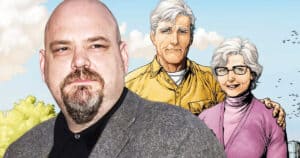



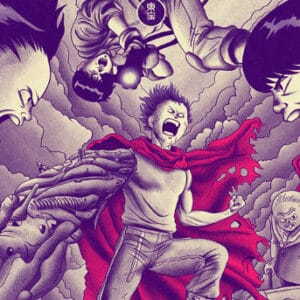

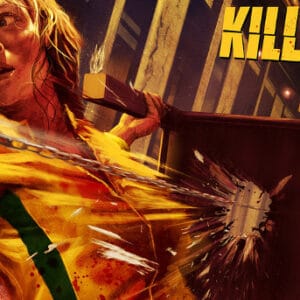

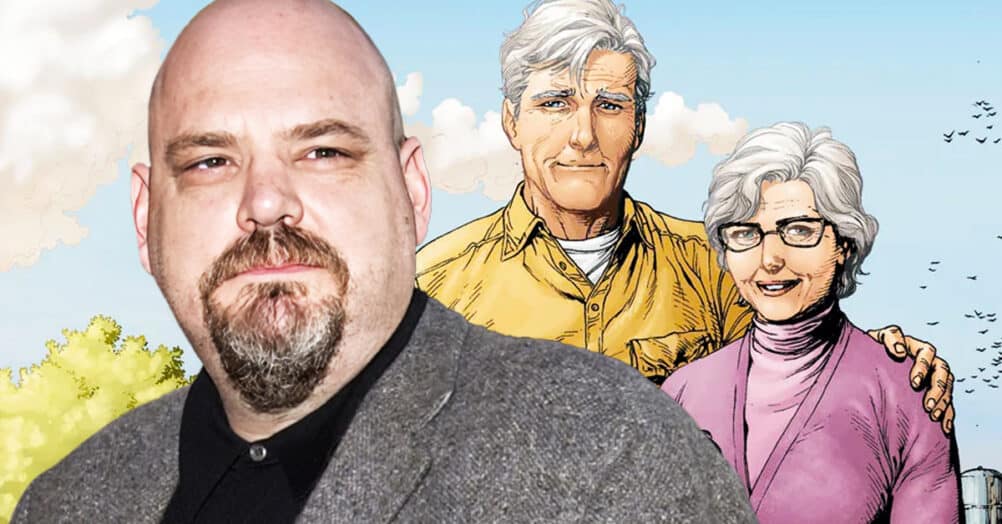


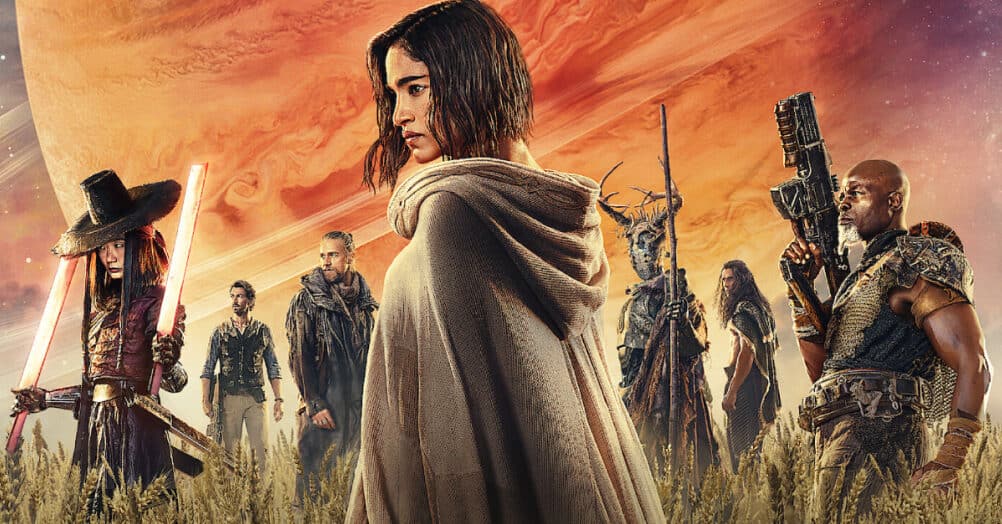
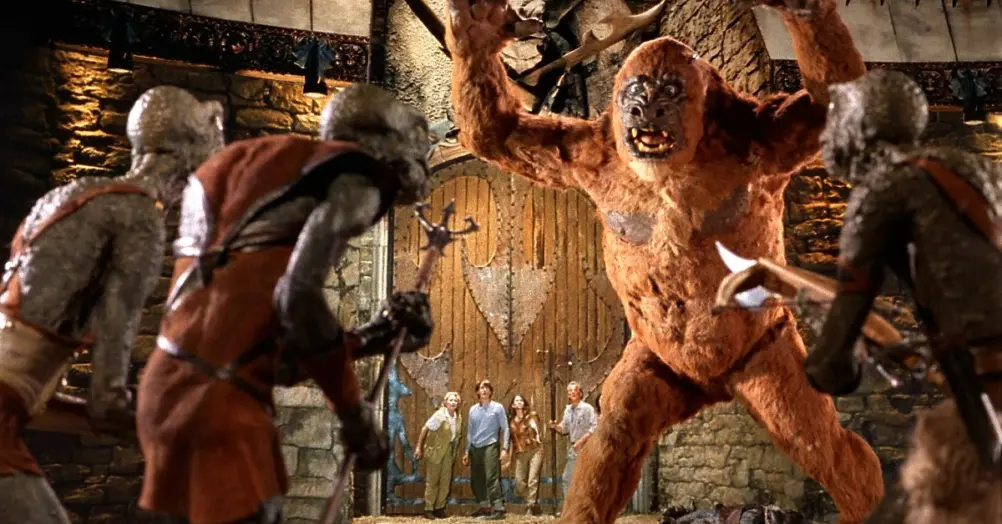
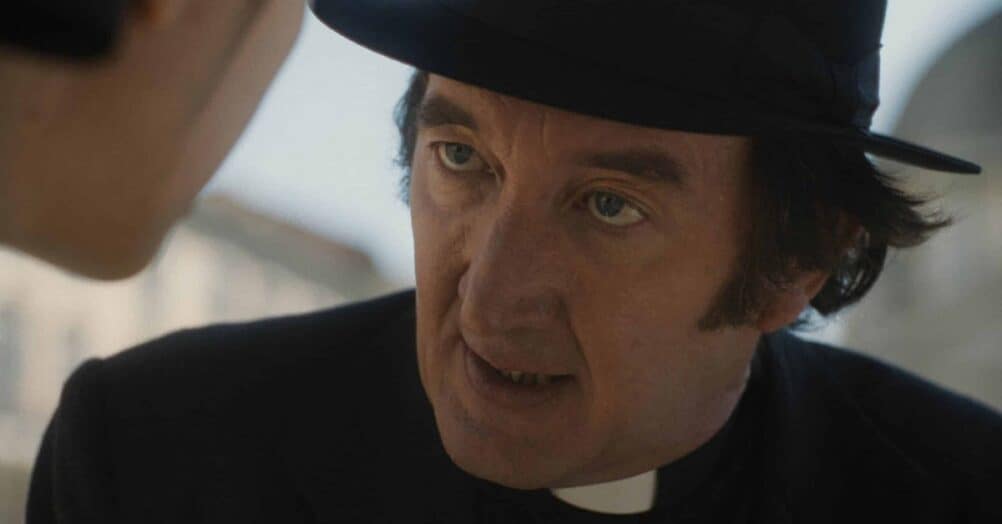




Follow the JOBLO MOVIE NETWORK
Follow us on YOUTUBE
Follow ARROW IN THE HEAD
Follow AITH on YOUTUBE